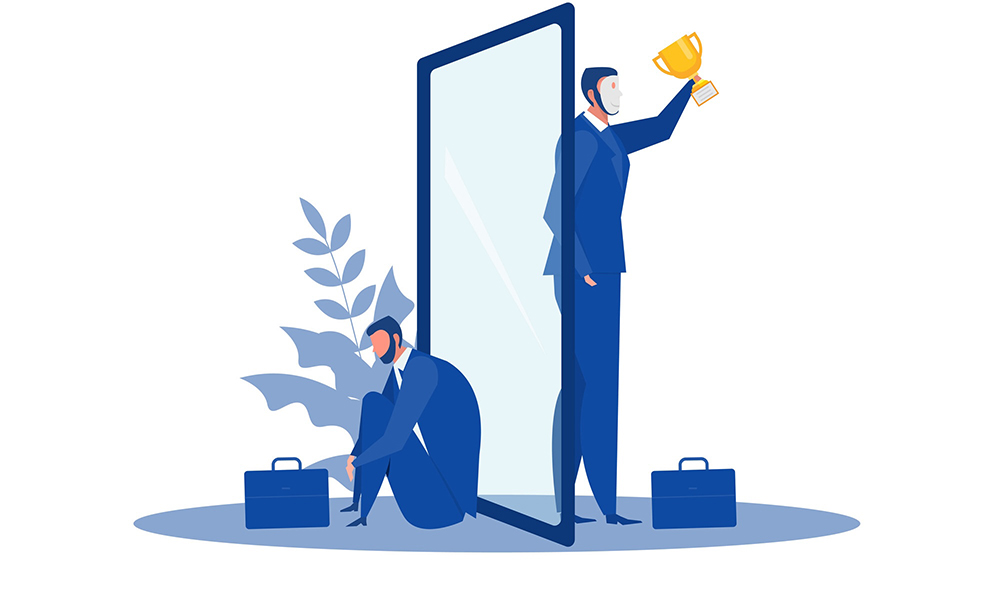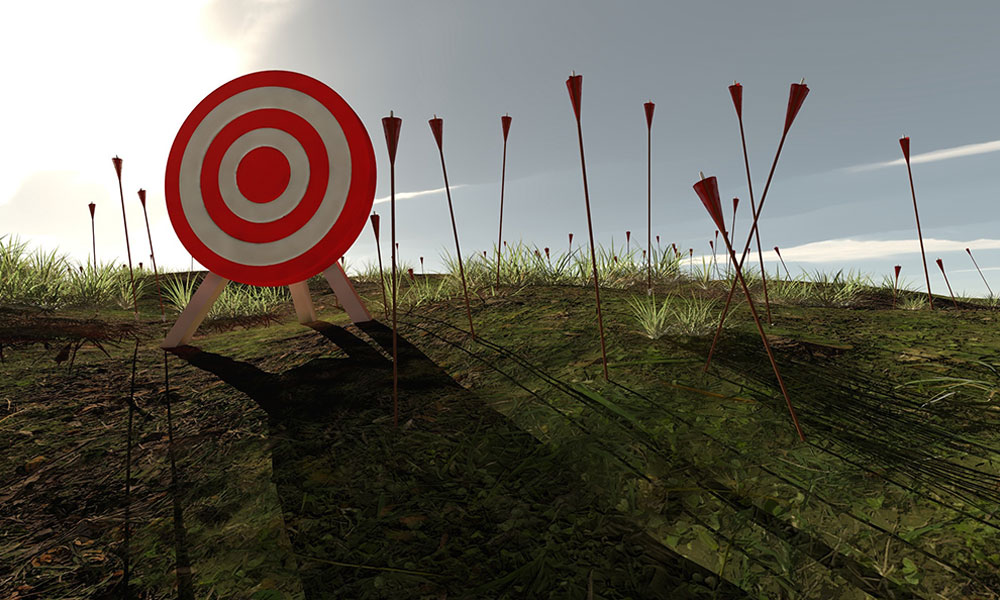We are in the midst of our 360 degree feedback process this year, which is a great tool for getting holistic feedback from multiple stakeholders. One of the things that I have found intriguing from the data of previous years’ is that the self-assessment ratings that individuals give themselves tend to be much higher than the supervisor, reportee and peer ratings.
Think about it. For those of you who drive – do you consider yourself to be an above-average driver? Chances are, you do. In fact, in one study, over 80 percent of respondents considered themselves to be above-average drivers—which is obviously a statistical impossibility. You have probably also met many mistakenly-confident people in your life. Perhaps you have a relative who believes their out-of-focus photographs are works of art, or a team member who delivers error-riddled output, yet remains convinced that their work is superb. Reality talent shows are also great for observing overconfidence: track the number of off-key singers who seem completely bewildered when their auditions are rejected.
The reason most people tend to rate their own abilities much higher than warranted, is something called the Dunning-Kruger effect, coined in 1999, by Dr. David Dunning and Dr. Justin Kruger, two psychology professors at Cornell University. Also known as the illusion of competence, this is a cognitive bias where people who are incompetent at something are not able to recognise their incompetence. What makes this more complicated is that not only people don’t recognise this incompetence; they actually believe that they are competent.
Interestingly, in an experiment with undergraduate students, researchers found that students who scored the worst on their cognitive tasks rated their own abilities the highest: those in the bottom quartile estimated that they had performed better than two-thirds of the group! In other words, the more incompetent a person is, the more likely they are to be assess themselves inaccurately—although no-one is immune, experts included. Perhaps unsurprisingly, men are far more prone to being overconfident than women.
So, my message this week, which draws from this, focuses on how to curb your illusion of competence by becoming more self-aware.
William Poundstone explains this in his article, in Psychology Today, The Dunning-Kruger President, with the chart shared below:
‘[Dunning and Kruger] chart competence versus confidence. When you have no expertise whatsoever (far lower left), all rational souls recognize that. As Dunning and Kruger put it, “most people have no trouble identifying their inability to translate Slovenian proverbs, reconstruct a V-8 engine, or diagnose acute disseminated encephalomyelitis.”
A little knowledge is a dangerous thing. Those who have the slightest bit of experience think they know it all. That’s the peak at upper left. Then, with increasing experience, people realize how little they do know, how modest their skills are. Perceptions reach a minimum (center of chart), then slant upward again. Those at the level of genius recognize their talent, though tend to lack the supreme confidence of the ignoramus.’
 As Anthony K. Tjan points out in his Harvard Business Review article, How Leaders Become Self-Aware, the one quality that stands out above all others in almost every great entrepreneur, manager or leader, is self-awareness:
As Anthony K. Tjan points out in his Harvard Business Review article, How Leaders Become Self-Aware, the one quality that stands out above all others in almost every great entrepreneur, manager or leader, is self-awareness:
‘Without self-awareness, you cannot understand your strengths and weakness, your “super powers” versus your “kryptonite.”’
However, acknowledging this fact, which sounds like a bit of a truism, is the easy part. The tougher challenge is how you actually start making a change. That’s where the rubber hits the road. While I’m sure that you have attempted this at one point or another, here are a few suggestions on how you can introspect more meaningfully and become more self-aware:
1. Ask yourself the right (read: tough) questions
John Baldoni, in his Harvard Business Review article, How to Crack the Self-Awareness Paradigm, suggests asking yourself these three questions to start with. And be honest.
- What more do I need? – While you may be tempted to respond with, ‘more time’, push back and ask yourself how to manage better with what you have. So, make better choices. You could try out some of the suggestions in my previous blog post on how personal kaban can help you become more productive.
- What else should I be doing? – Are you really focusing on what you should be? Where are your priorities? Are you clear about your objectives and are you building towards them?
- How do I accept feedback? – This isn’t easy to do, but if you really want to grow, then you need to be willing to hear feedback. In fact, more than that, you need to be willing to actively seek it out and then work on it.
2. Get more feedback
Now, if you’re more comfortable, take your personal introspection a step further and ask other people to share their perspectives with you. It could be trusted team members, friends, or even your family. Don’t try to justify or defend yourself when they share observations. Just listen. And look for your ‘blind spots’ – the gaps between what you perceive, and what they point out.
3. Observe and learn. Repeat.
Tjan, in his article, references Peter Drucker’s suggestion that whenever you take a key decision, you should write down what you expect will happen as a result of it. Compare it with the results nine to 12 months later. Drucker said that this self-reflection process feedback analysis was the “only way to discover your strengths.” Warren Buffett has, for years, noted down the reasons for his investment decisions and looked back later to see how he fared. The idea is to get you to think more closely about the ‘why’ of your decisions and whether or not you are being able to correctly assess impact. You could give this a try at work, as much as you could for more personal choices.
4. Create space for reflection
As you can see, most suggestions go back to you becoming more reflective. While you should certainly carve out space for deeper reflection on occasion, you should also try making this, in smaller ways, a more regular habit. Many people find meditation very helpful. Setting aside even ten minutes to quietly reflect on your day, can be very powerful.
5. Extend this awareness to other people
Even as you try to discover more about yourself, you should start thinking more closely about the people around you. Can you map their behaviour and reactions? Becoming more aware of them and their styles will help you make better choices. You will be a better leader, friend, partner. You will also learn much more about yourself as you adapt.
Effectiveness begins with self-awareness: if you are willing to shatter the illusion of competence, you can begin to accept your own limitations. With this realisation, you can make small adjustments that not only boost the standard of your work and give you more free time, but also raise the overall quality of your life—less stress, better health, and deeper relationships.
As always, I look forward to your perspectives.








Comments